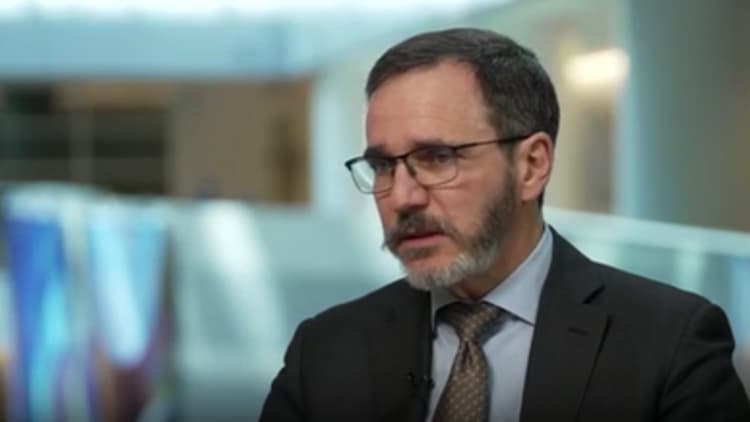[vc_row full_width=”” parallax=”” parallax_image=””][vc_column width=”1/1″][td_block_trending_now limit=”5″][td_block_slide limit=”5″ td_filter_default_txt=”All” sort=”featured”][/vc_column][/vc_row][vc_row full_width=”” parallax=”” parallax_image=””][vc_column width=”2/3″][td_block_2 category_id=”” limit=”6″ offset=”5″ custom_title=”DON’T MISS” td_filter_default_txt=”All” ajax_pagination=”next_prev” header_color=”#4db2ec”][/vc_column][vc_column width=”1/3″][td_block_social_counter custom_title=”STAY CONNECTED” facebook=”envato” twitter=”envato” youtube=”envato”][td_block_7 limit=”3″ custom_title=”MOST POPULAR” td_filter_default_txt=”All” ajax_pagination=”next_prev” sort=”random_posts”][/vc_column][/vc_row][vc_row full_width=”” parallax=”” parallax_image=””][vc_column width=”1/1″][td_block_15 category_id=”” limit=”5″ custom_title=”LATEST VIDEOS” td_filter_default_txt=”All” ajax_pagination=”next_prev” sort=”random_posts”][/vc_column][/vc_row][vc_row full_width=”” parallax=”” parallax_image=””][vc_column width=”2/3″][td_block_4 category_id=”” limit=”2″ custom_title=”TRAVEL GUIDE” td_filter_default_txt=”All” ajax_pagination=”next_prev” header_color=”#c7272f” sort=”random_posts”][td_block_4 category_id=”” limit=”2″ custom_title=”PHONES & DEVICES” td_filter_default_txt=”All” ajax_pagination=”next_prev” header_color=”#107a56″][td_block_4 category_id=”” limit=”2″ custom_title=”LATEST TRENDS” td_filter_default_txt=”All” ajax_pagination=”next_prev” header_color=”#e83e9e” sort=”random_posts”][/vc_column][vc_column width=”1/3″][td_block_9 category_id=”” limit=”3″ custom_title=”TECH” td_filter_default_txt=”All” ajax_pagination=”next_prev” sort=”random_posts”][td_block_18 category_id=”” limit=”3″ custom_title=”FASHION” td_filter_default_txt=”All” ajax_pagination=”next_prev”][td_block_2 category_id=”” limit=”2″ custom_title=”REVIEWS” td_filter_default_txt=”All”][/vc_column][/vc_row][vc_row full_width=”” parallax=”” parallax_image=””][vc_column width=”1/1″][td_block_14 category_id=”” limit=”3″ custom_title=”ENTERTAIMENT” td_filter_default_txt=”All” ajax_pagination=”next_prev” sort=”random_posts”][/vc_column][/vc_row]

Trump trial second week concludes with testimony from former secretary and banker
Former US President Donald Trump sits in the courtroom of the Manhattan Criminal Court in…

















